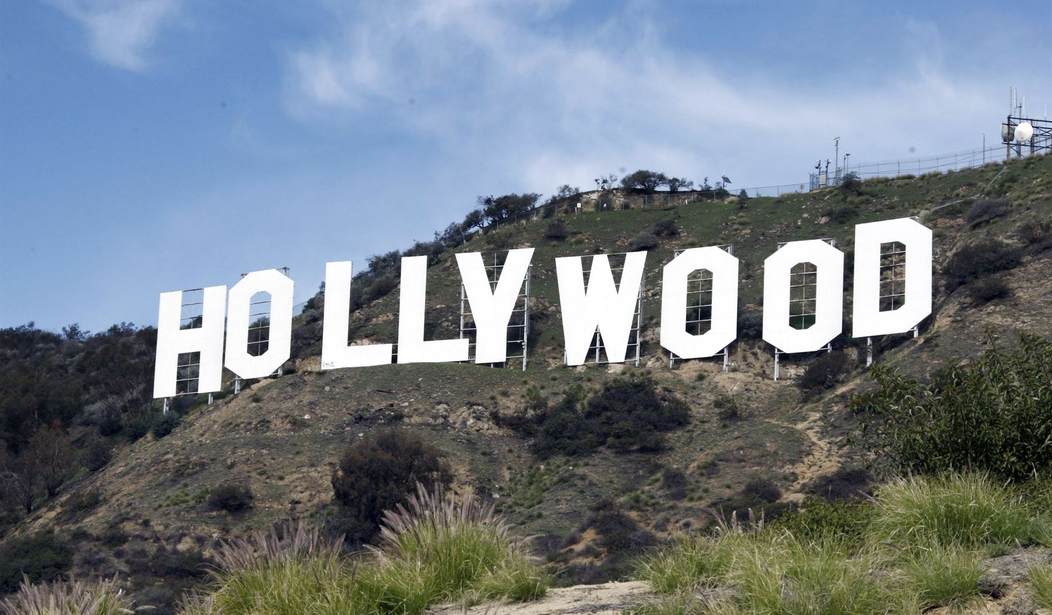We constantly hear that Hollywood is just giving audiences what they want.
So, the fact that teen-targeted entertainment is loaded with sex and nudity must be because that’s what the market demands, right?
Would it surprise you to learn that teens say they actually want to see less sex on TV and in movies?
A new survey from UCLA’s Center for Scholars and Storytellers found that a majority of teens want to see fewer stories about dating and that “romance” is overused in media (44.3%). A near majority (47.5%) said that sex isn’t needed for the plot of most TV shows and movies.
Yet look at the stories Hollywood produces for and about teenagers: Gossip Girl, Sex Education, Big Mouth, PEN15, A Teacher, Euphoria, The Idol, the list goes on, and on -- and each of these shows is more shocking, more explicit, more perverse than the one before.
Why is this important?
Because it shows that Hollywood is out of touch, and not delivering what audiences actually want. Worse, the sexualized content they are pushing on kids is doing them harm.
Mass media has been called a “sexual super peer” by social scientists, meaning that teens look to the media for cues about how they are expected to behave. If the media is telling them that as teens, they are expected to be sexually active, have multiple partners, and engage in high-risk sexual behavior, that’s what teens are likely to believe. And yet, studies show that sexually active adolescents are at high risk for depression and suicide, and that early sexual experience among adolescents is associated with other high-risk behaviors like drinking alcohol and drug use.
Recommended
Hollywood is continuing to produce and market hyper-sexualized content to teens, despite the fact that a majority of teens say they don’t want it, despite the fact that exposure to sexualized media content is strongly associated with earlier initiation of sexual behavior in teens, despite the fact that sexually active teens are at risk for mental health challenges, and despite the fact that America’s teens are experiencing an unprecedented mental health crisis.
Hollywood isn’t reflecting reality. Instead, the industry is trying to shape reality by sexualizing teens at younger and younger ages – even when teens are telling them “Stop!”
Another data point from the UCLA survey points to a generation fed-up with sexual expectations imposed by the culture: 44 percent said, “I would rather clean the toilet than go on another online date.”
Teens want to see more stories about friendship and platonic relationships, and I suspect that it’s because digital childhood has replaced “real” childhood spent outdoors and in the company of other children.
When many of us were growing up, we were outside on the playground. We learned how to make friends, how to resolve conflict, how to set boundaries. Children growing up on screens haven’t learned how to do those things, and they are looking to entertainment to provide a template or an example of how to do these things that came naturally to previous generations.
The fact is that this generation, which has been reared on screens and initiated into adolescence in the era of Tinder and TikTok, needs to relearn how to develop and nurture friendships organically. They need to know how to meet someone in the real world and decide if they’d like to get to know them better. They need to learn now that process of discovery can lead to deeper friendship and emotional intimacy and that physical intimacy doesn’t necessarily have to follow.
With the intrusion of graphic sex and violence in entertainment at such a young age, the innocence of childhood is being stripped away. Perhaps teens are starting to realize this and their attitudes and perceptions are changing for the better.
Earth to Hollywood, it’s time to stop pushing sexual content into programs for our youth.
Melissa Henson is the vice president of the Parents Television and Media Council, a nonpartisan education organization advocating responsible entertainment. On X: @ThePTC

























Join the conversation as a VIP Member